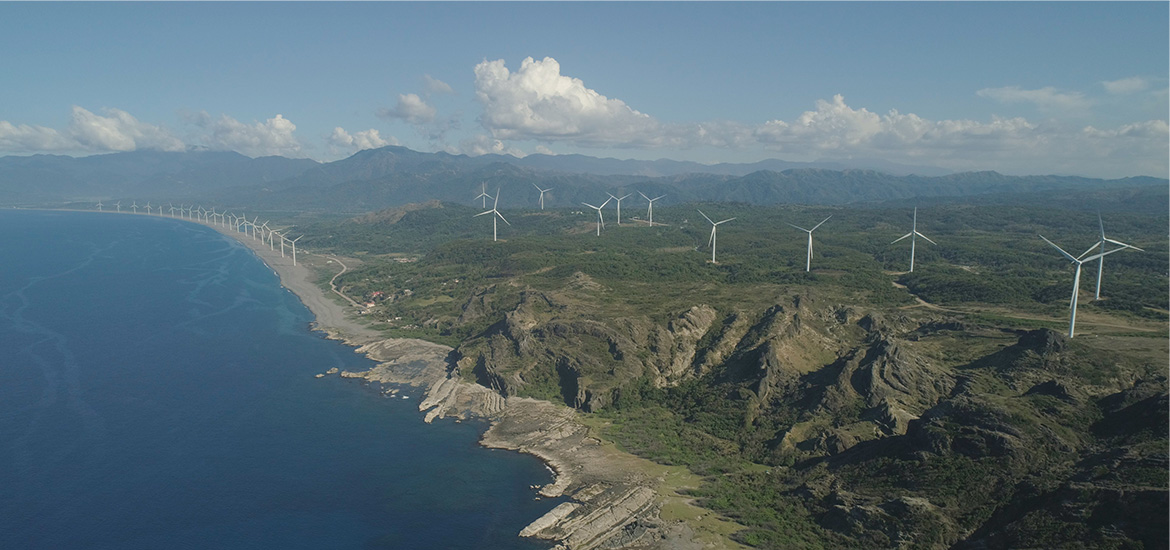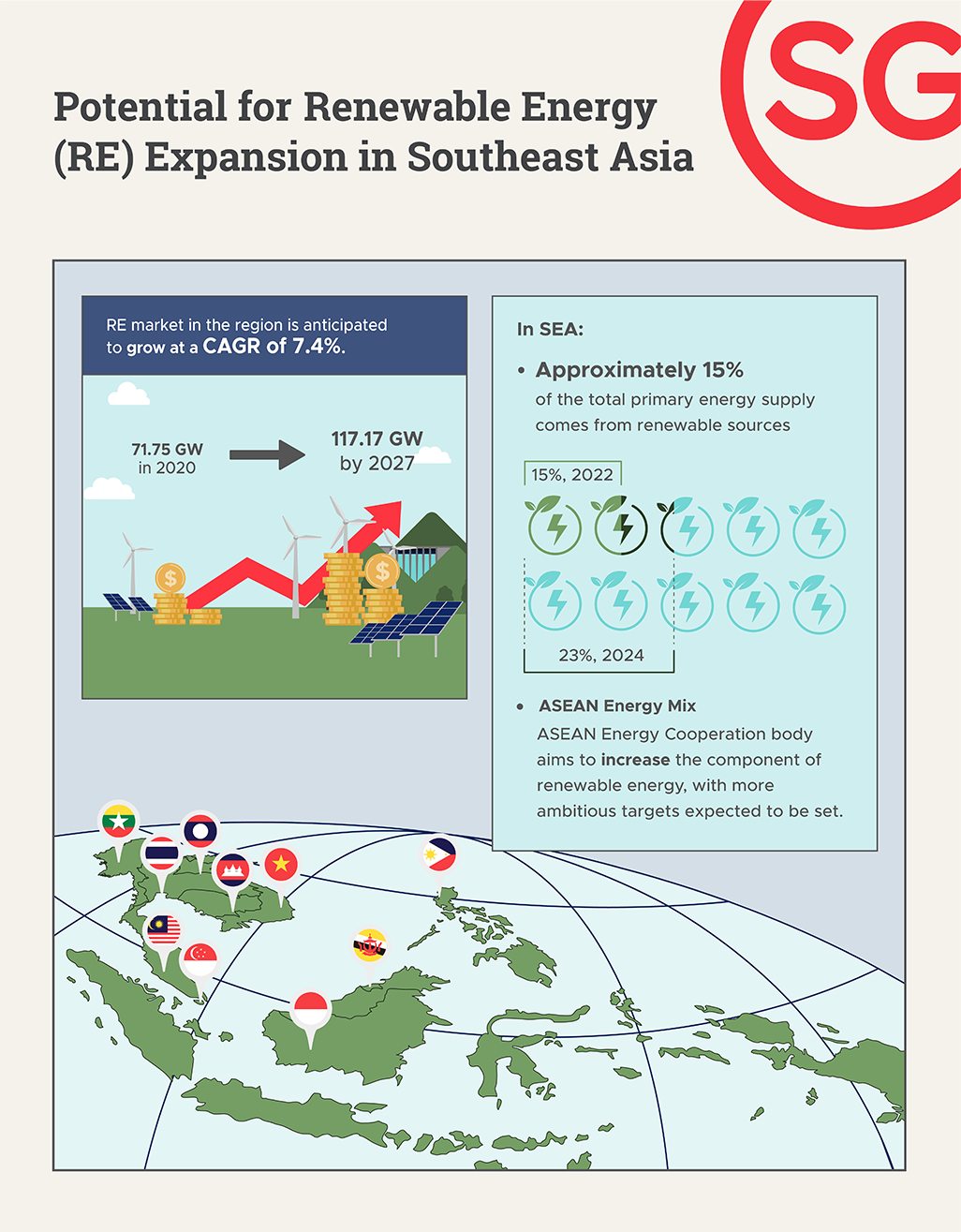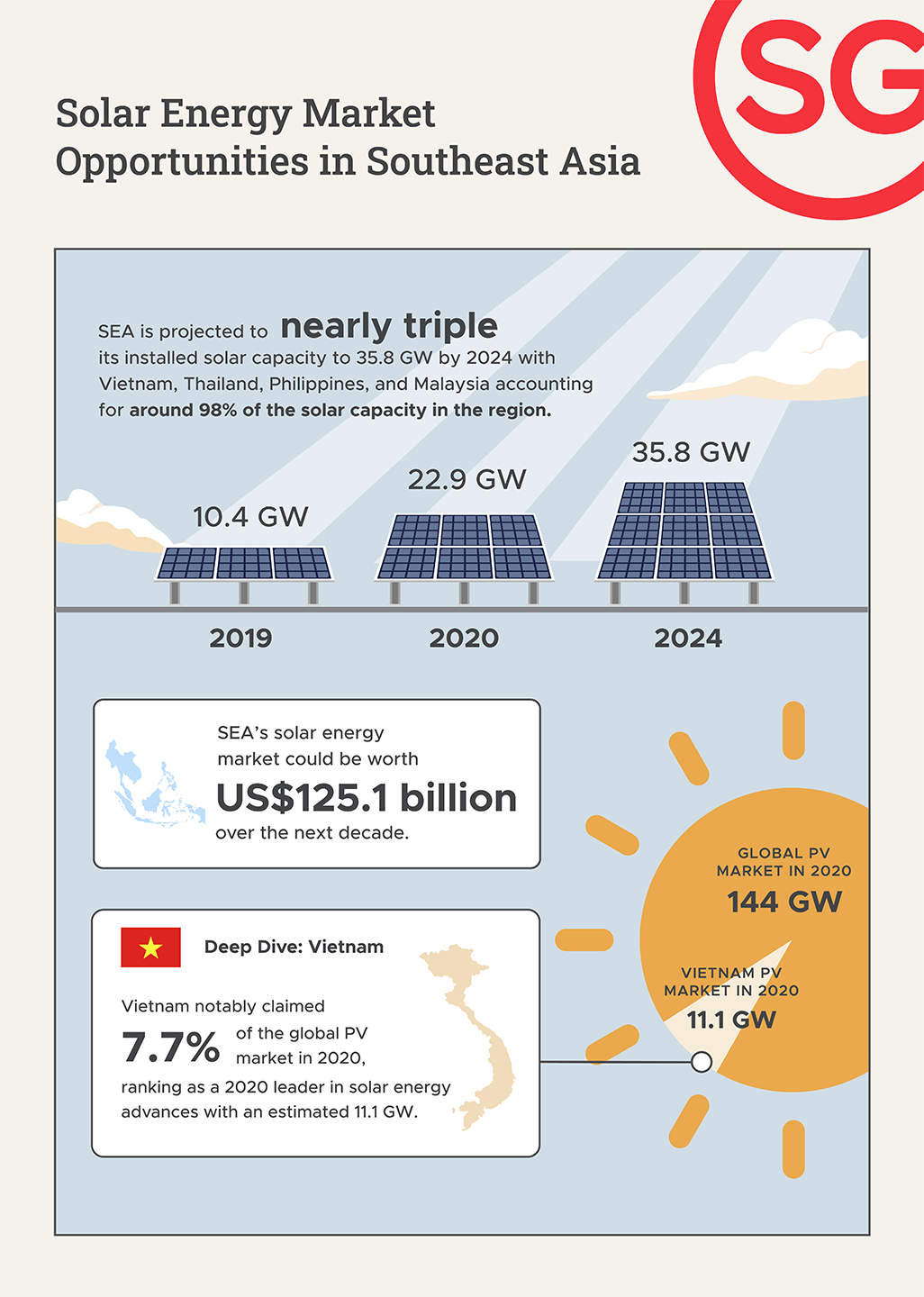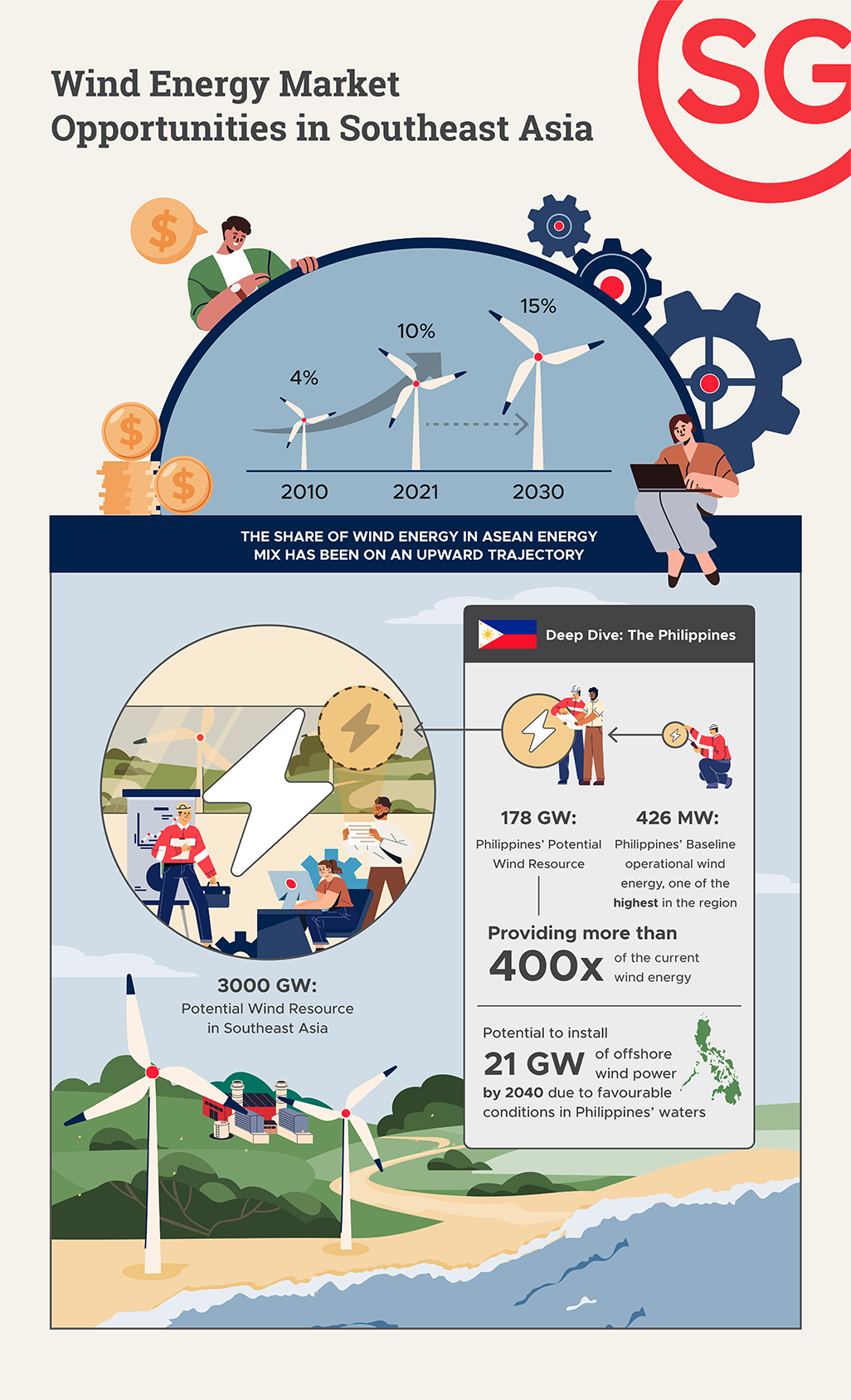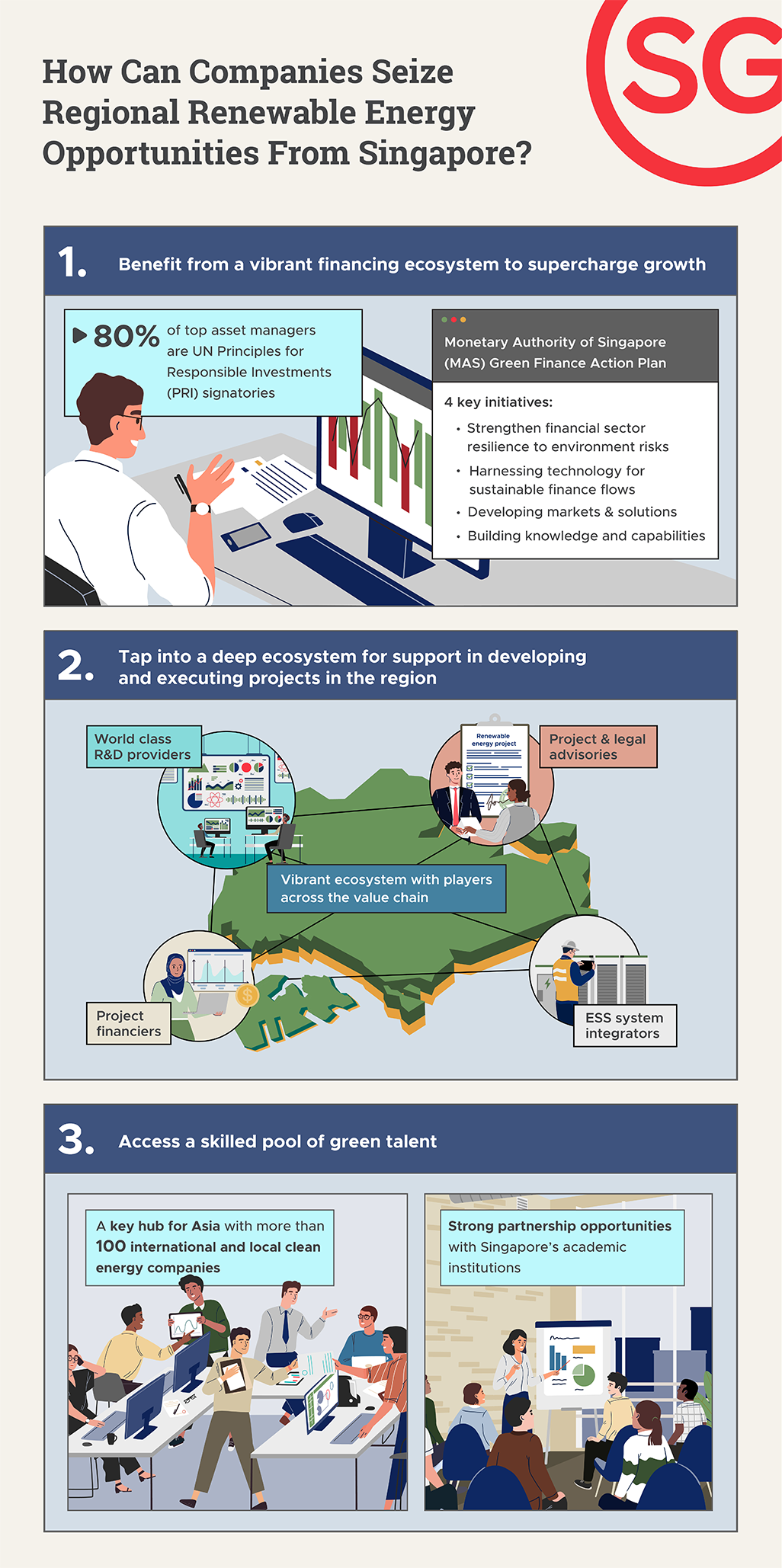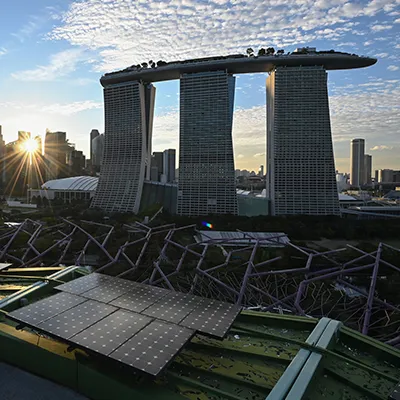How Can Companies Seize RE Opportunities from Singapore?
Despite the market potential in SEA, foreign businesses looking to capitalise on its growth will need to anticipate some challenges, including language barriers, legal and monetary compliance risks, developing infrastructure and a skilled green talent pool that is still in its early stages. Hence, Singapore plays a critical role in enabling these RE companies to access growth securely and seamlessly in the region.
Robust financing and project ecosystems
In SEA, Singapore is currently leading in RE transition, ranking first in Asia and 21st globally in the World Economic Forum’s Energy Transition Index. As a renowned capital hub, the city-state is home to a vibrant ecosystem of green financing providers who are keen to support impactful RE projects. The Monetary Authority of Singapore is actively promoting a strong green finance ecosystem in Singapore to serve Asia.
Singapore’s connectivity also makes it a reliable regional hub for RE development, innovation, and investments within SEA. Over the years, Singapore has built a credible ecosystem with players across the value chain ranging from R&D providers, legal advisory firms, project financiers and energy storage system integrators.
Access to talent
The city-state has also invested in developing specialised talent for the green economy, especially in clean energy and environmental sciences. For example, the National Trades Union Congress (NTUC) and the Sustainable Energy Association of Singapore (SEAS) conceived a Career Development Plan to attract and groom locals to support the solar energy sector. SEAS also organises Workforce Skills Qualifications (WSQ) solar training courses ranging from project management, design, and installation of PV systems to Internet of Things (IoT)-based energy management. Together with other initiatives, these bolster the country’s position to support the region’s energy transition ambitions.
